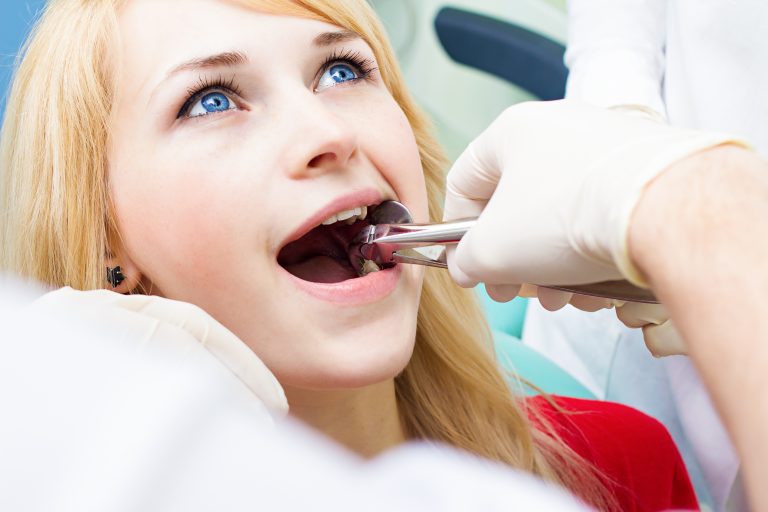After undergoing wisdom tooth extraction, it’s crucial to maintain a proper diet to facilitate healing and minimize discomfort. As dedicated dentists serving the St. Mary community, we understand the significance of nutrition in the recovery process. In this blog, we’ll delve into the foods to include and avoid following wisdom tooth extraction to ensure a smooth recuperation.
Wisdom tooth extraction is a common dental procedure that involves the removal of one or more wisdom teeth, also known as third molars, typically due to issues like impaction, overcrowding, or infection. While the extraction is a straightforward process performed under local or general anesthesia, proper post-operative care, including dietary considerations, plays a vital role in promoting optimal healing.
During the initial days post-extraction, it’s essential to prioritize soft, easy-to-chew foods that require minimal effort and won’t irritate the surgical site. Opt for nutritious options like mashed potatoes, smoothies, yogurt, and pureed soups, which provide essential vitamins, minerals, and calories necessary for the healing process. These gentle foods are less likely to cause discomfort or disrupt the blood clot forming in the extraction site, a crucial step in preventing dry socket—a painful condition where the blood clot dislodges, exposing the underlying bone and nerves.
In addition to soft foods, incorporating protein-rich options into your diet is essential for tissue repair and recovery. Consider including foods like scrambled eggs, soft-cooked chicken or fish, tofu, and cottage cheese, which are not only easy to eat but also provide the necessary building blocks for healing damaged tissues. Protein plays a crucial role in collagen production, a protein essential for wound healing, making it an integral part of your post-extraction diet.
Cold foods and beverages can also offer relief from swelling and discomfort following wisdom tooth extraction. Treat yourself to soothing options like ice cream, chilled fruit smoothies, yogurt popsicles, or cold soups. The cold temperature helps constrict blood vessels, reducing inflammation and swelling around the surgical site. However, it’s essential to avoid sucking on straws or consuming extremely hot foods and drinks, as these actions can dislodge the blood clot and delay the healing process.
While focusing on soft and cold foods, it’s equally important to steer clear of certain items that can hinder healing or cause unnecessary pain. Avoid hard, crunchy foods like chips, nuts, and pretzels, as well as chewy snacks like caramel and gummy candies that can get lodged in the extraction site or disrupt the healing process. Spicy and acidic foods should also be avoided, as they can irritate the sensitive tissues and increase discomfort.
Staying hydrated is crucial for promoting healing and preventing complications like dry mouth, which can exacerbate discomfort and delay recovery. Be sure to drink plenty of water throughout the day, but avoid using straws, as the sucking motion can dislodge the blood clot and increase the risk of dry socket. Instead, opt for sipping water from a cup or bottle to stay hydrated without compromising your healing process.
In conclusion, maintaining a proper diet following wisdom tooth extraction is essential for ensuring a smooth and speedy recovery. By focusing on soft, nutritious foods, staying hydrated, and avoiding hard, crunchy, and spicy items, you can support tissue repair, reduce discomfort, and minimize the risk of complications. If you have any questions or concerns about your post-extraction diet, don’t hesitate to contact our team at St. Mary Dentist Near Me. We’re here to provide guidance and support as you navigate your recovery journey.



